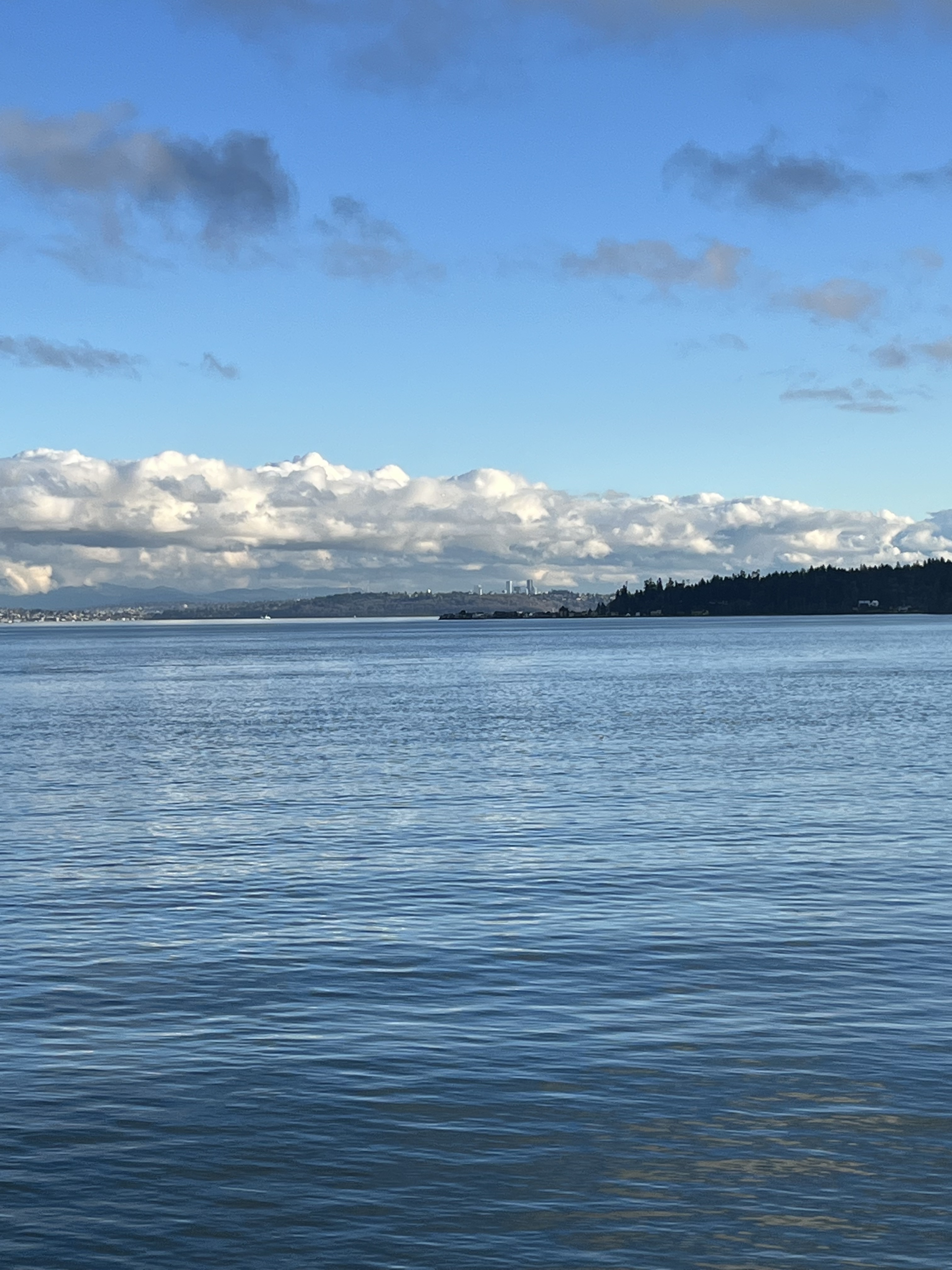Here are the materials in Mashantucket Pequot Tribal Nation v. Factory Mutual Insurance Co.:

Here are the materials in Mashantucket Pequot Tribal Nation v. Factory Mutual Insurance Co.:

Briefs here.
Here are the new materials in Glacier County Regional Port Authority v. Esau (D. Mont.):
20 Glacier County Motion for Preliminary Injunction
25 Montana Human Rights Bureau Response
34 Montana Human Rights Bureau Response to 20
50 Amended Blackfeet Nation Intervenor Complaint
62 Blackfeet Nation Response to 20
Here is the opinion in Prairie Band Potawatomi Nation v. Yellen. Long story short, Shawnee settled (I think) so they’re out, Miccosukee is out because their challenge is moot, and Prairie Band gets a remand ‘cuz the gummint’s got some ‘splaining to do. No zhoonya for tribal interests here, though the billables keep coming.
Briefs:
Lower court materials here (I think).

Here are the materials in Lexington Insurance Co. v. Mueller (C.D. Cal.):
Here are (many of) the materials in Cherokee Nation v. Lexington Insurance Co.:

Here are the materials in Suquamish Tribe v. Smith (W.D. Wash.):

Robin Kundis Craig has posted “Tribal Water Rights and Tribal Health: The Klamath Tribes and the Navajo Nation During the COVID-19 Pandemic” on SSRN. The paper is forthcoming in the St. Louis University Journal of Health Law & Policy.
The abstract:
Public health measures to combat COVID-19, especially in the first year before vaccines became widely available, required individuals to be able to access fresh water while remaining isolated from most of their fellow human beings. For the approximately 500,000 households in the United States and over two million Americans who lacked access to reliable indoor running water, these COVID-19 measures presented a considerable added challenge on top of the existing risks to their health from an insecure water supply.
Many of these people were Native Americans, whose Tribes often lack fully adjudicated, quantified, and deliverable rights to fresh water. To highlight the critical role that water rights played in Tribes’ capacities to cope with the pandemic, this essay compares the Klamath Tribes in Oregon, who after 40 years of litigation have fairly securely established themselves as the senior water rights holders in the Klamath River Basin, to the Diné (Navajo Nation), whose reservation—the largest in the United States—covers well over 27,500 square miles of Arizona, Utah, and New Mexico but largely lacks quantified water rights or the means to deliver water to households. While access to water was not the sole factor in these two Tribes’ vastly different experiences with COVID-19, it was an important one, underscoring the need for states and the federal government to stop procrastinating in actualizing the water rights for Tribes that have been legally recognized since 1908.

You must be logged in to post a comment.